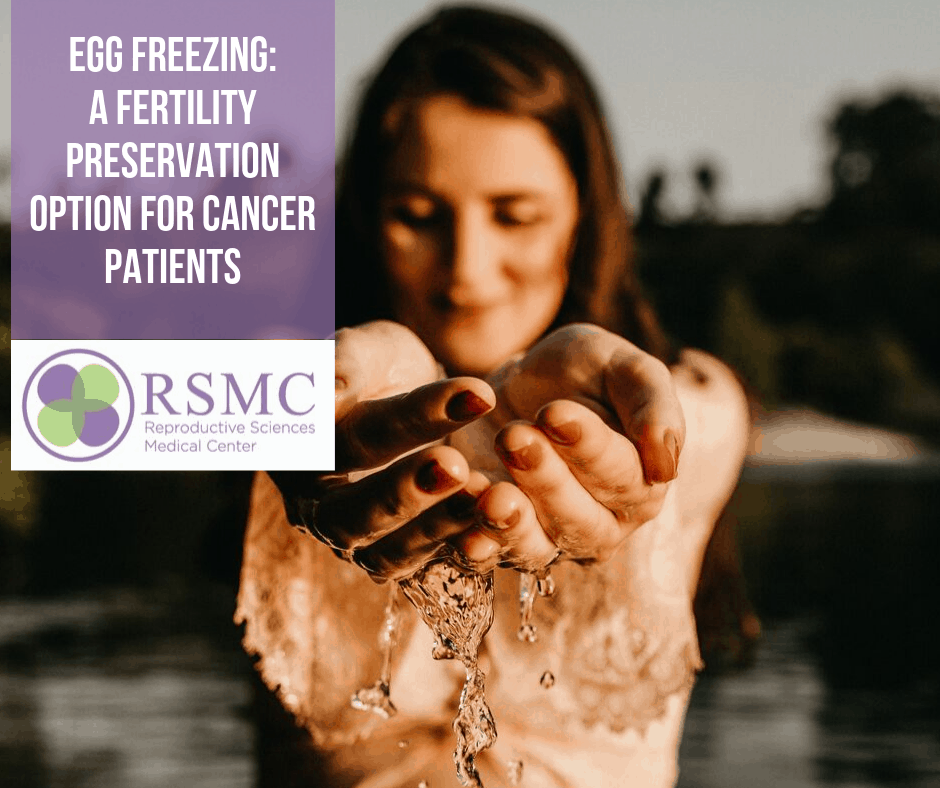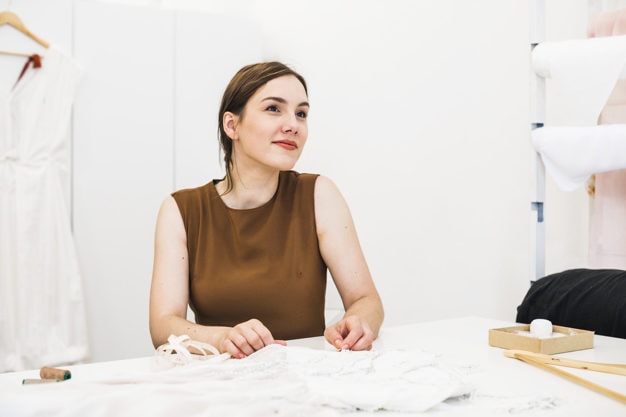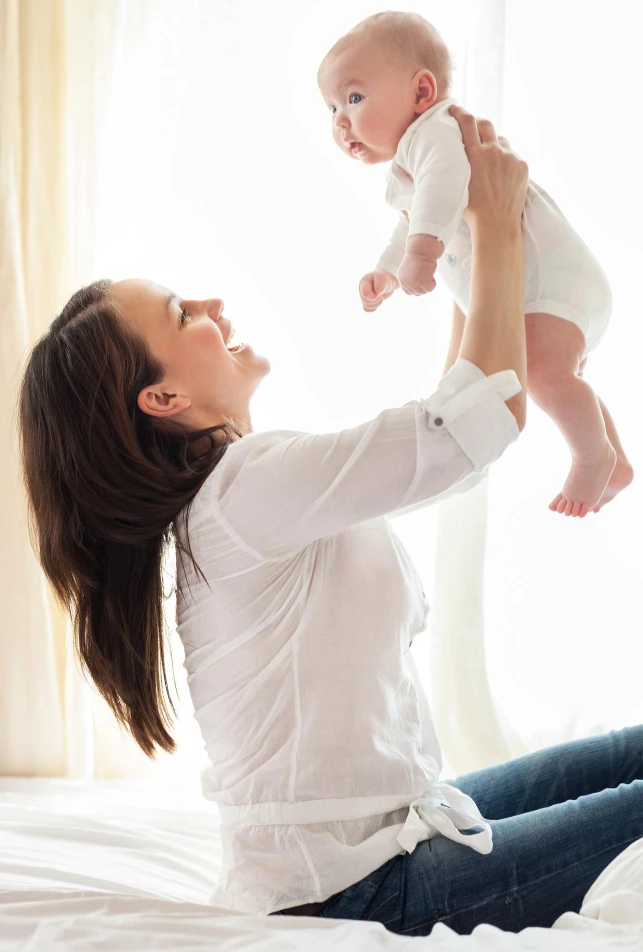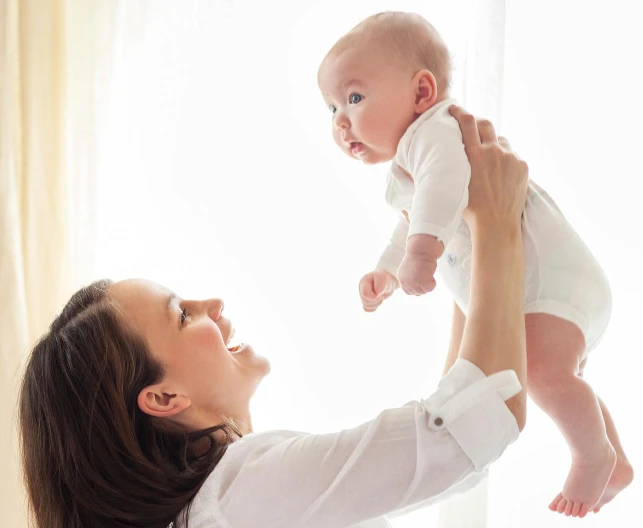Today, women are more career-oriented than in the past. The number of women who have graduated from college has gone up significantly. Also, many more women are working as executives than 10 years ago. However, there’s a downside to this professional career commitment. More women are postponing family planning to a later age which can have a negative effect on their fertility. By the time most women realize this, it’s too late. Amidst this situation, egg freezing has brought a wonderful option for ambitious women to preserve their fertility till a later, more convenient time, even after 40.
Birth and Fertility Rates Have Hit Record Lows
In 2018, the birth rate in the U.S was the lowest in the last 32 years. According to the Centers for Disease Control, the birth rate fell 2% from 2017. This has been steadily decreasing over the last four years. There are a variety of factors that have contributed to the decline:
- The birth rate in teens has decreased. This may be due to better education about contraception and the availability of various forms of contraception. Also, the younger population is not taking interest in starting a family, do not have a partner or are pursuing a career.
- There is a greater trend for young women to consider fertility preservation as a new viable option. Women who are not Planning to or ready to start a family, do not have a partner, or are pursuing a career are considering this option.
The declining birth rates have been a source of media attention lately. Various studies have tried to provide an explanation for this trend. However, the biggest challenge is finding a way to balance a career and family.
More Women Have Obtained a Higher Level of Education
Previously, women usually completed their training (if they ever had the opportunity) in their early twenties at the latest and did their family planning usually by the time they had reached their mid-twenties. But in the current century, the average age at which women prefer to have their first child is already over the age of 30!
The main reason behind this that women now obtain a higher degree of education and training. Only 30% of women had completed college in 1960, today that number has increased to over 60%. Forget about women drawing level with men, women have indeed overtaken men. In view of this trend, many have already announced the 21st century to be the “Century of Women”.
A Career Takes Center Stage
Unfortunately, a higher level of education has its own disadvantage. Due to longer education periods, further life-planning will inevitably be delayed – and hence the age of childbearing.
Things are much less complicated with men. Men have more flexibility as they will still be able to father a child even at an advanced age. Women, by contrast, face a dilemma. Their biological clock is colliding with the rush hour of life – the stage of life from the completion of professional training, to starting work, up to the time of starting their own family.
The Timing Is Not Right
Each woman has a different reason for not wanting to start their family right away. There are two points that we believe to be crucial: The perfect partner has not been found or the focus is on their job and career advancement
When it comes to a career, it shows that professionally strongly engaged women, mainly in academics, present the lowest birth rates as compared to all other groups of women
There are a fair number of women in the academic environment who would like to have children. However, there is one reason they all eventually delay their decision: Starting a family during studies is not advisable because of the demands placed on the student, the stress of the examinations that needs to be taken, and the most important of all, the financial implications. Studying for a doctorate degree often requires 50 – 60 working hours per week. So, this does not appear to be the best time to start a family. At the most decisive moment when you’re ready to face the world and try to settle down, why take risk of losing touch again soon after? The best time to start a family seems to be – later in life.
Advanced Maternal Age As a Risk Factor
Once your career path has been established and you have found the perfect partner to start a family with, you are around 40 years of age. The prospects of conceiving a child have dramatically decreased. From the age of 32 years and onward, the chances of getting pregnant and birthing a healthy baby drop rapidly. There is also an increased risk of miscarriages and chromosomal abnormalities in children. Unfortunately, the quantity and quality of a woman’s eggs decrease as they get older. Data shows that the most common age at which women are treated is 38, with many freezing eggs into their 40s.
Solution: Eggs Freezing
Wouldn’t it be great to stop your biological clock and preserve your fertility and reproductive health? The best-case scenario would be doing so while advancing your career and trying to find the right partner. There is a great solution: freezing eggs!
Over the last 10 years, more women are choosing to delay childbearing. Fortunately, women now have more control and can preserve their fertility by freezing their healthy eggs at a young age and undergoing IVF when they are ready.
During the Egg Freezing process, a woman’s ovaries are stimulated by hormonal drugs to encourage the growth of multiple follicles. Subsequently, oocytes are retrieved from the ovaries via follicular aspiration. These retrieved oocytes are vitrified and then stored at -190C in liquid nitrogen. At a later stage, oocytes may be thawed without any damage and used to undergo IVF treatment.
Individual women or couples considering freezing their eggs, should not worry and shouldn’t deter from it. Thanks to technological advances, it is now possible to cryopreserve oocytes (eggs) without any problems or damage to them. Thus, providing a great way to delay pregnancy and parenthood until the time is right for you.
Ideally, freezing your eggs at a younger age is best. However, freezing your eggs at 40 years of age is also possible. The reality is, the sooner a woman decides to freeze their eggs the better are the chances of getting pregnant.
Objections to Eggs Freezing
Many argue that this procedure disrupts the natural human reproduction cycle. However, the term “non-natural reproduction” confuses the cause and effects of egg freezing.
The objection that the child and mother both will suffer from late maternity has been proven false by research. Recent studies have shown that there is a positive correlation between later motherhood and the language development skills of the child as compared to children born to younger mothers. This fact also implies that advanced maternal age seems to be associated with the better physical and mental development of the child.
Conclusion
For the foreseeable future, egg freezing is likely to remain an important option for women who want to start a family later in life. Considering everything, one can hardly find any valuable and noteworthy argument against social freezing. A woman’s peak fertility is typically in her 20s. Women experience a gradual decline in fertility in their early to mid-30s. Also, at the beginning of age 40, her pregnancy potential reduces by up to 50%, which prompts for a fertility preservation option such as egg freezing.
For further details on freezing eggs for fertility preservation with Reproductive Sciences Medical Center, please visit us at www.fertile.com or call us at 858-436-7186 to Schedule a Consultation

























